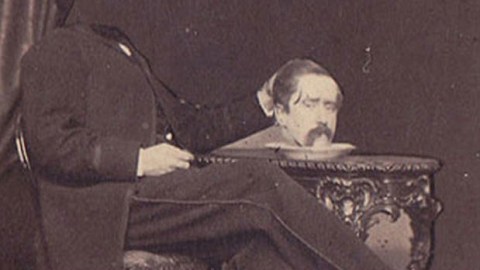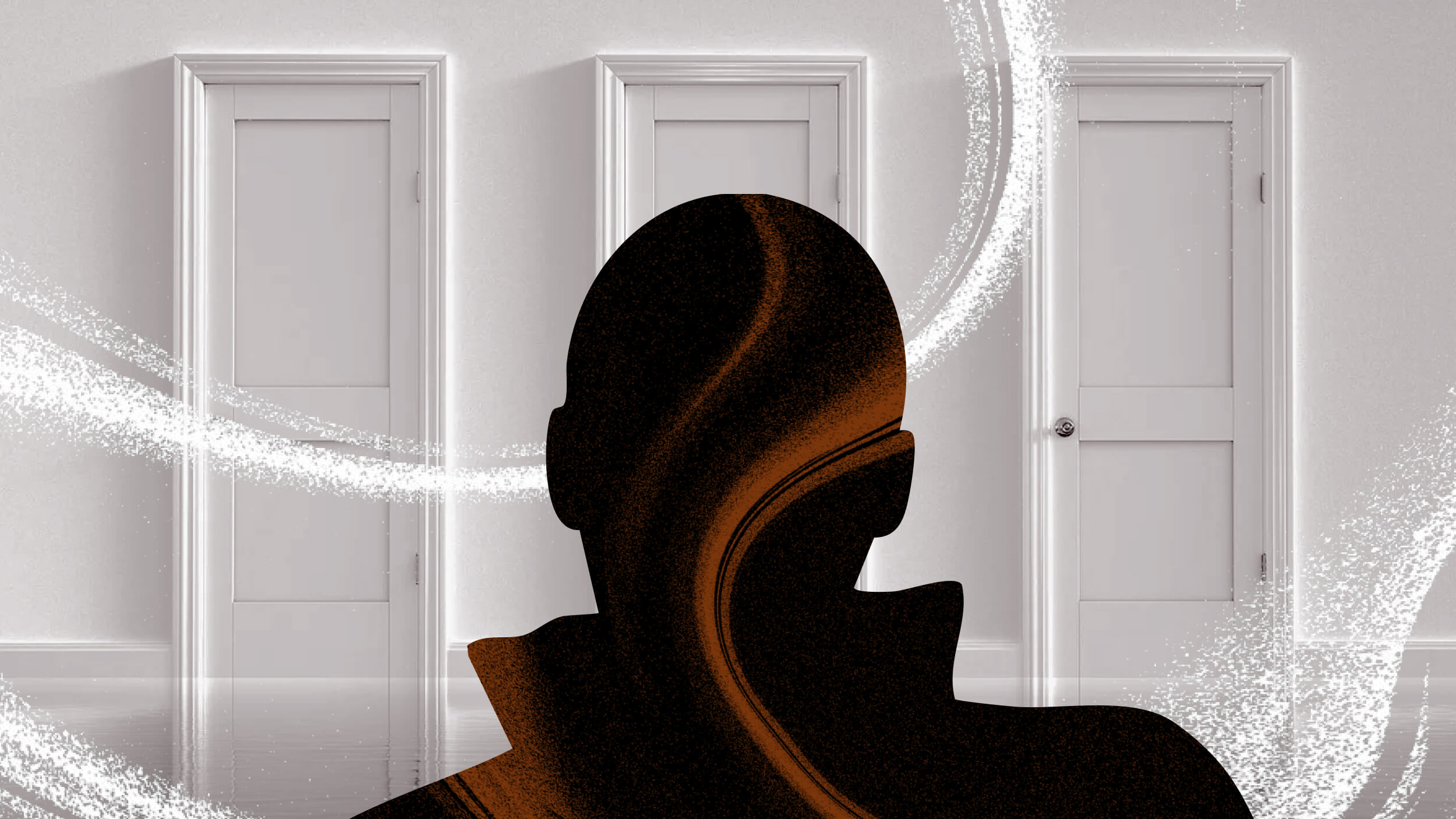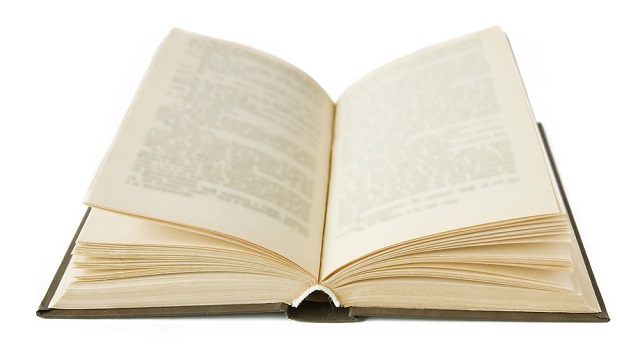We may be getting dumber much faster than we think

The legacy of the Victorian era – the time defined by Queen Victoria’s reign from 1837 until her death in 1901 – is a mixed bag. It gave us Charles Darwin’s theory of evolution, unprecedented advances in science and engineering, the musical theatre of Gilbert and Sullivan, the poetry of Robert Browning and the novels of Charles Dickens and Charlotte Brontë. But there was a great social cost for this progress – the 80 hour work week, the rise of child labor and prostitution.
So what was the cause of this great scientific and cultural upheaval?
The Victorians were much smarter than we are today, says a controversial study by research teams based in Sweden, Belgium, The Netherlands and Ireland. The study is controversial because, after all, it is quite difficult to obtain random intelligence samples of people from different eras.
Nonetheless, the researchers say that a meta-analysis of simple reaction times recorded between 1884 and 2004 shows a substantial decline in general intelligence: “1.23 IQ points per decade or fourteen IQ points since Victorian times.” While some dispute the notion that reaction time is an accurate measure of intelligence, Dr. James Thompson, honorary senior psychology lecturer at UCL told The Daily Mail that reaction times are “a real measure, with a reasonably large correlation with IQ, so this is an alarming finding and needs further investigation.”
These findings contradict the so-called Flynn effect, which states that IQ rose three points every decade since the Second World War. So instead of humans getting smarter, these findings support another controversial argument put forward by the Stanford biologist Gerald Crabtree, which we wrote about this past December.
In an article called Our Fragile Intellect, Crabtree argued that human intellectual fitness has been on a slow but steady decay for 3,000 years, and it is due to our relatively easy lifestyle that has freed us from a state of ‘survival by thinking.’





